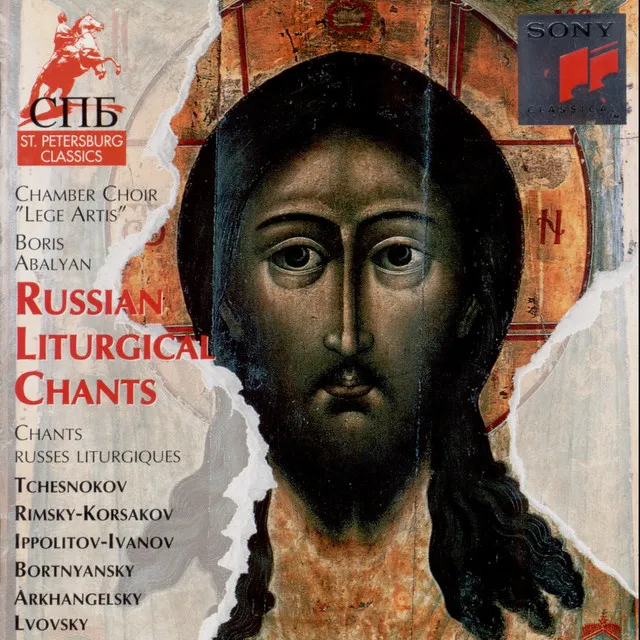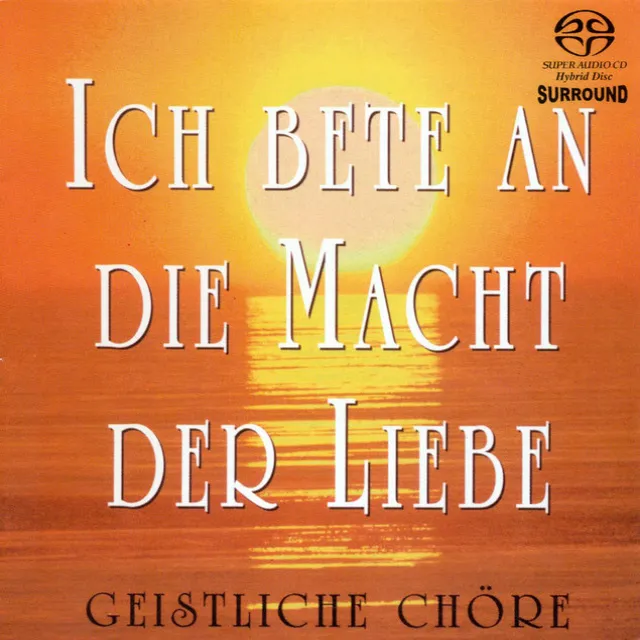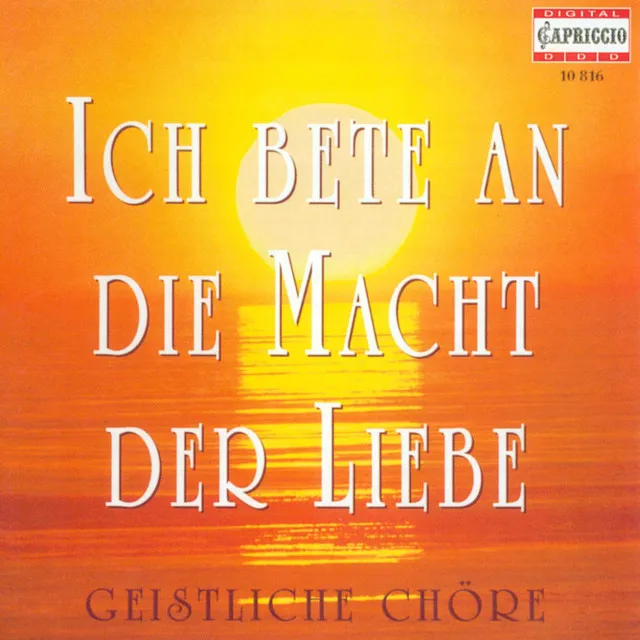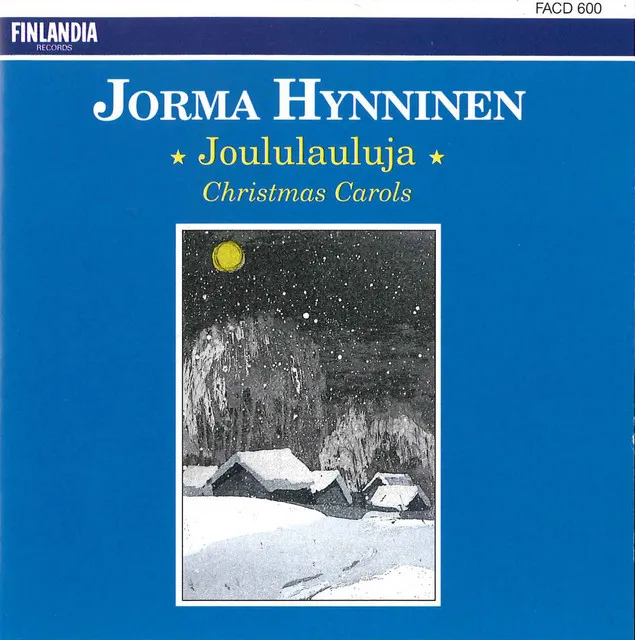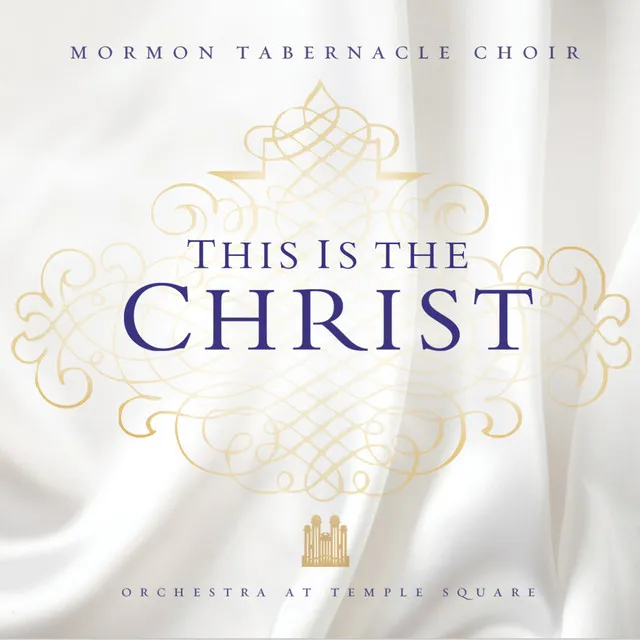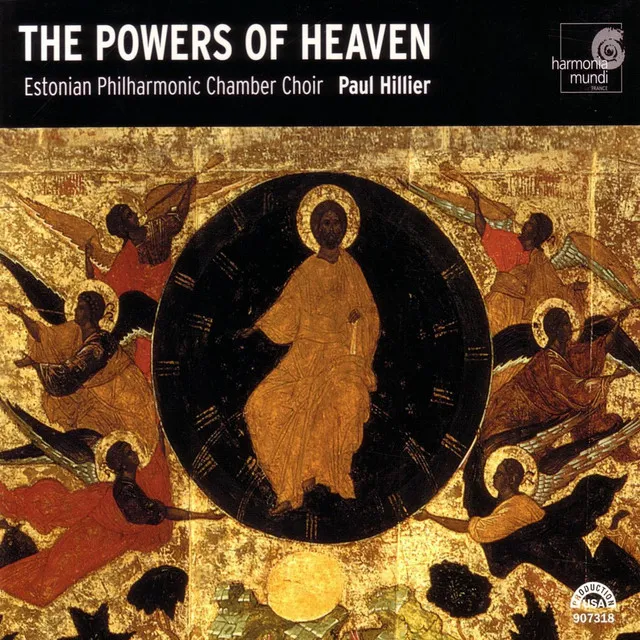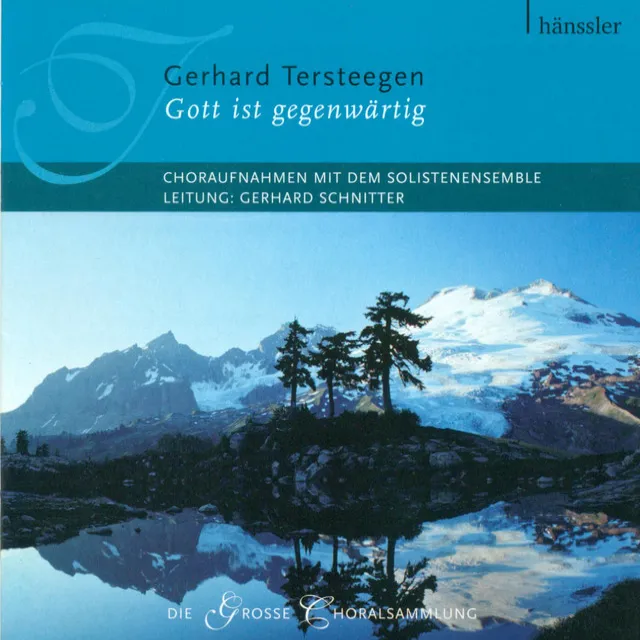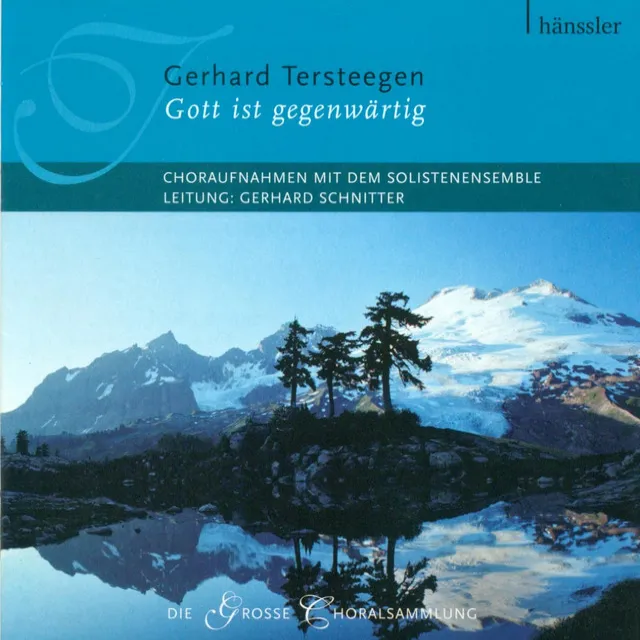A unique and influential figure in Russian and Ukrainian music, Dimitry Bortnyansky was primarily known for his sacred choral concertos and multi-movement a cappella compositions. These works both struck out new paths for various combinations of tutti and solo voices and helped Westernize the Eastern Slavonic tradition. He also wrote many hymns, which, like his choral concertos, gained wide currency throughout late-18th and early-19th century Europe. Among his better-known works are Vskuyu priskorbna yesi, dusha moya? (Why are you mournful, O my soul?) and Kol' slaven nash Hospod (How great is our Lord). Bortnyansky wrote 55 surviving choral concertos (at least 23 others are lost) and also composed operas, keyboard sonatas, and chamber works.
His first music training came in his hometown, most likely at the Hlukhiv choir school. In 1758, he was taken into the Russian Imperial Court chapel at St. Petersburg and later sang in operas at Court productions. He studied with Galuppi during his teen years and continued instruction with the Italian master in Venice when Galuppi returned there in 1769. By 1778, Bortnyansky had written three operas -- Creonte (1776), Alcide (1778), and Quinto Fabio (1778), as well as various settings of Roman Catholic texts.
He returned to Russia in 1779 and in 1783 was appointed Kapellmeister at the lower Court of Catherine the Great's son, Paul. He also taught keyboard to members of the royal family during this period. Bortnyansky's first choral concertos date to 1780, and he composed several operas in the opera comique style in the period following his return, including La fête du seigneur and Le fauçon, both from 1786.
In 1796, Bortnyansky was appointed director of the Court chapel by Tsar Paul I, who had ascended to the throne upon the death of his mother that year. Bortnyansky expanded the Court chapel choir and improved conditions for the singers. His choral concerts quickly became one of the main musical attractions in St. Petersburg, but he composed relatively little original music from this time onward.
In 1816 a government decree gave Bortnyansky and the Court chapel musicians the exclusive right to publish sacred music in Russia. The modest Bortnyansky, however, eschewed any attempts at opportunism by not immediately seeking to publish his choral concertos. He did revise many, but they would only gain posthumous publication in the 1830s.
